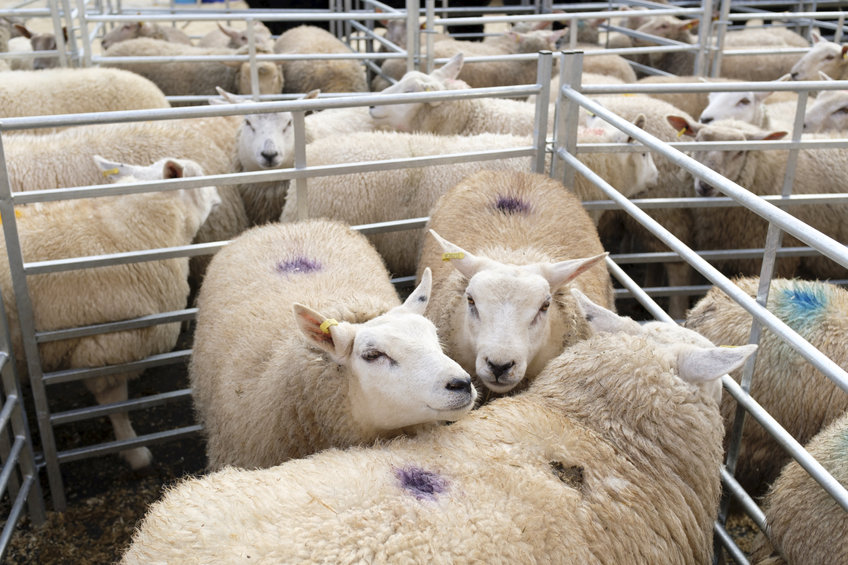
The government has been accused by a cross-party group of MPs of leaving 'glaring holes' in post-Brexit agri-food and livestock trade rules, leaving the UK at a 'competitive disadvantage'.
The Environment, Food and Rural Affairs Committee (EFRA) warns that UK businesses are 'at risk of closing' while the government 'stalls' on measures to facilitate the movement of livestock.
In its new report published today (30 September), the cross-party committee identified an 'effective ban' on the export of live animals to the EU for breeding, despite continued imports of livestock from the trading bloc.
There are, the report finds, solutions for the problems threatening exporters' livelihoods, animal welfare and UK biosecurity, but the "government's low-priority approach to implementation fails to recognise the significance of stakeholders' concerns".
The committee urges the government to adopt a 'pragmatic' approach in talks with the EU, ensuring that border controls are operational at both UK and EU borders no later than March 2022.
The report says Number 10 must work with the EU to establish border control posts (BCPs) capable of processing live animals 'as a matter of urgency', allowing renewed exportation of livestock to the EU.
It also raises concerns about the 'unintended consequences' of banning the export of live animals for slaughter, including increased travel time between farm and slaughter due to 'scarce provision of specialist domestic abattoirs'.
Therefore, the committee says the government must 'support and bolster' a network of small and medium abattoirs spread geographically around the UK.
The report finds a 'direct link' between the government's current policy of limiting journey times for animals transported to slaughter, and the need for a network of small and medium abattoirs.
The UK must also regain access to the EU's Animal Disease Notification System, allowing easier monitoring of animal diseases, the cross-party group of MPs suggest.
Neil Parish MP, chair of EFRA said the solutions were "evident and ready, but the government seems unprepared to press go".
“British breeding stock is an important export - one that has shrunk to nothing while the government drags its heels setting up the border controls the industry needs," he said.
"It must now demonstrate its willingness to accept the scale of the problems, and act with urgency to address the threats to British businesses, animal welfare and biosecurity."
The committee's report also expresses concern regarding reduced movement of horses between Britain, Ireland, and France, a trade that brings 'significant economic benefits' to the UK.
The MPs' report calls for a European-wide agreement on ‘high health status’ horses to allow for their expedited movement.
